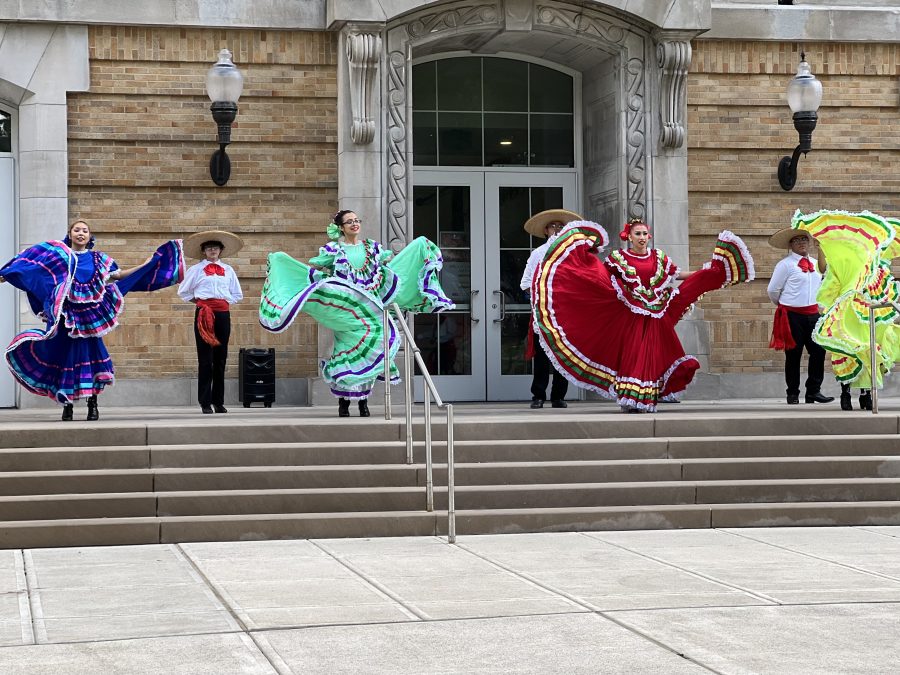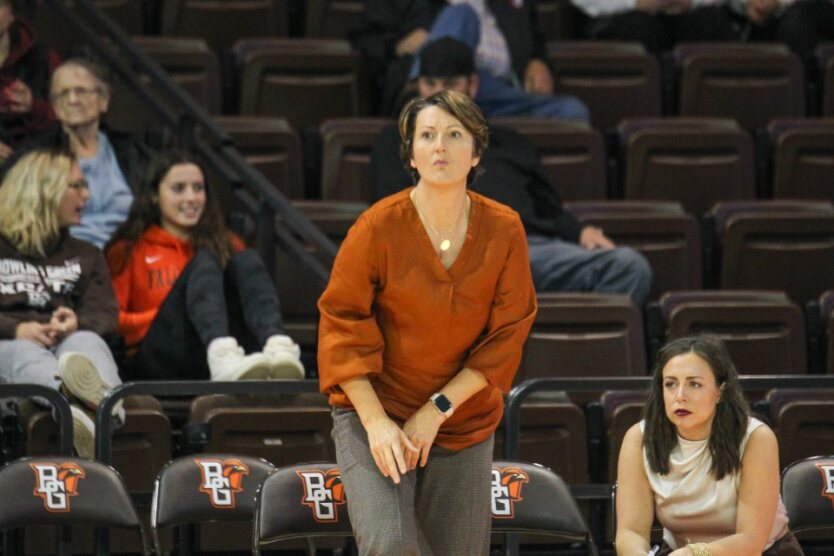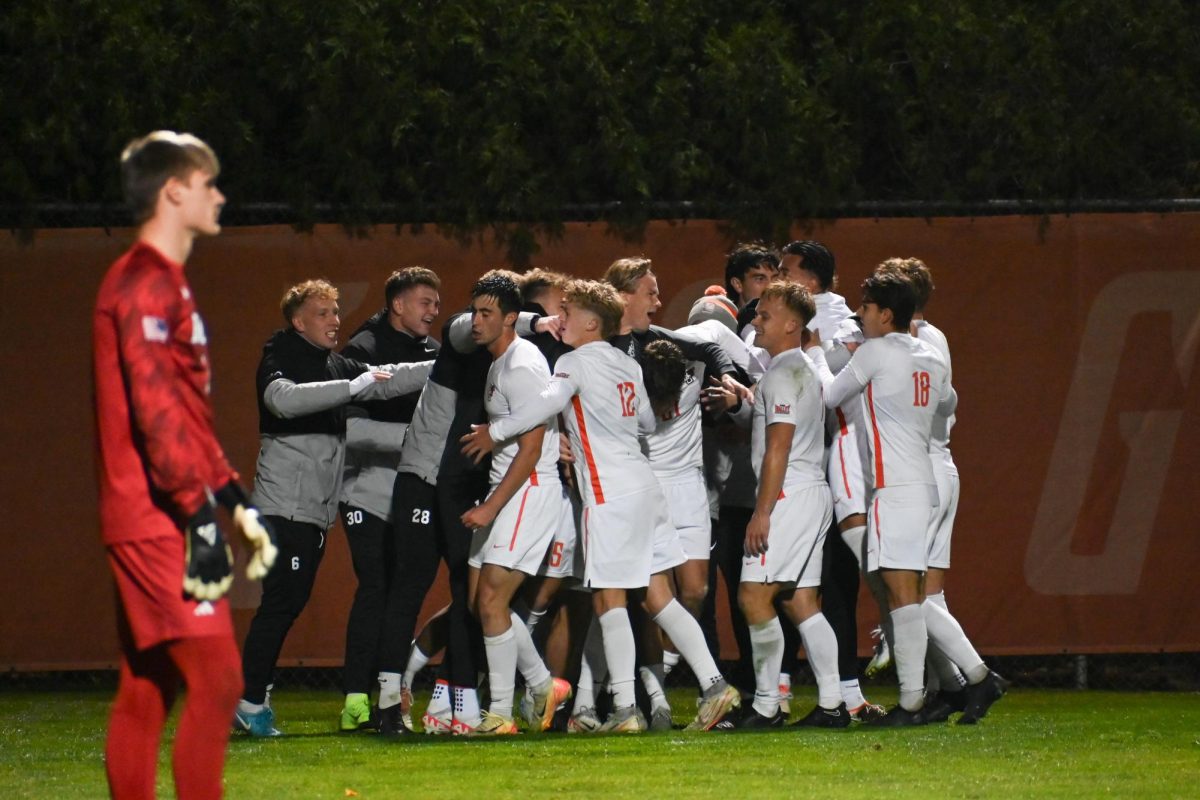In January, I arrived in Salzburg, Austria, to direct Bowling Green’s Academic Year Abroad program for the fifth time.
My first time was 25 years ago, 1989 to 1990, the year the Berlin Wall fell and Europe moved out of its post-World War II era.
My son turned one that year, and went on to celebrate his fifth and 10th birthdays during subsequent stays in Salzburg.
He did not celebrate his 14th birthday in Salsburg in 2002 to 2003, because he returned home. Being 13 years old and in eighth grade are not good times to be distant from friends and the familiar.
Now, after a 10-year interval, I am reminded again of just what a remarkable experience a longer-term education-abroad program is for those students who are able to escape from their accustomed lives.
Of course, it is beautiful here, and seeing Baroque buildings and Alps every day is stimulating.
But a deeper transformation comes when the participants in the year abroad program have to use a new language in new situations to negotiate encounters and transactions that don’t require a second thought when one is embedded in one’s own culture.
What do you call that thing you’re going to buy and what’s a fair price in euros, and how do you ask for it, and what do you say to the cashier, and how do you ask for a bag, and what do you do when you can’t understand the local dialect?
With time, these things become smoother, but at some level, life abroad remains the playing of a role. You make sounds your mouth isn’t used to making, you remember which second-person pronoun to use, you add a touch more formality than feels right to you; you accept that having masculine, feminine and neutral words is a superfluous but necessary ornament, a fancy tool.
In our own culture, we think we are authentic, not putting on an act, being our real selves, but that is not so. We just know the role pretty well.
Immersed in another culture, life is an audition, a dress rehearsal, a command performance. It is never quite real, because what we feel is real is just a particularly well-rehearsed routine.
Students who have spent a significant amount of time– four months or more– in a new culture and spoken a new language have gained skills in mastering new situations and dealing with new people, by doing it over and over again. They are flexible, socially adept, good at problem-solving and hard to faze, because they’ve been fazed a lot.
And they have the self-confidence that can only come when you realize that the most interesting thing about the world is not the fact that you happen to be in it.
The humility they learn becomes a true self-assurance that has nothing to do with bravado, but everything to do with a convincing performance.
They leave Ohio as wide-eyed and eager kids and come back knowing how to act the role of an adult. Isn’t that what being educated means?
Howes is a professor in the Department of German, Russian and East
Asain Languages
Respond to Howes at













